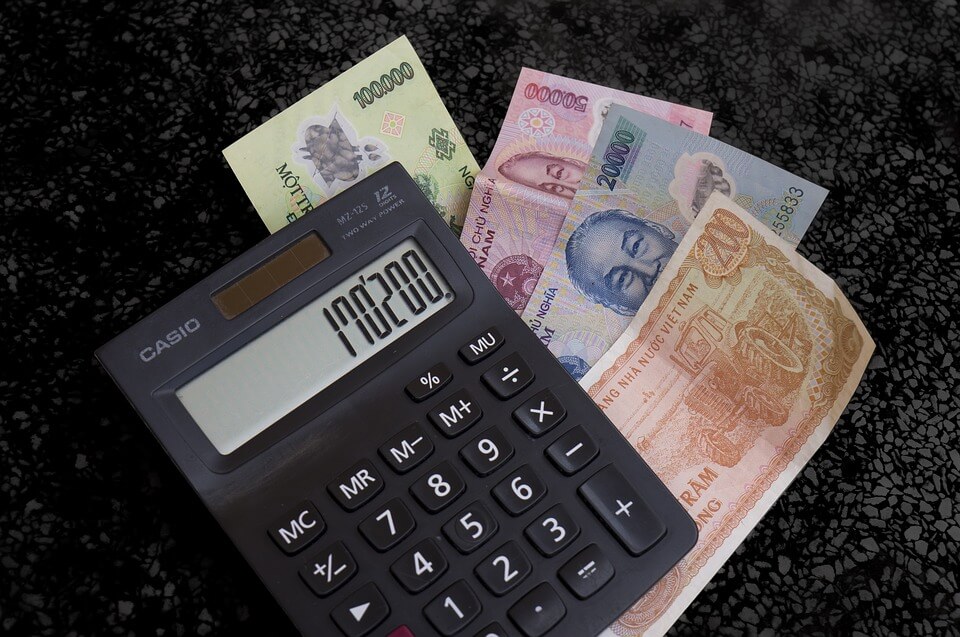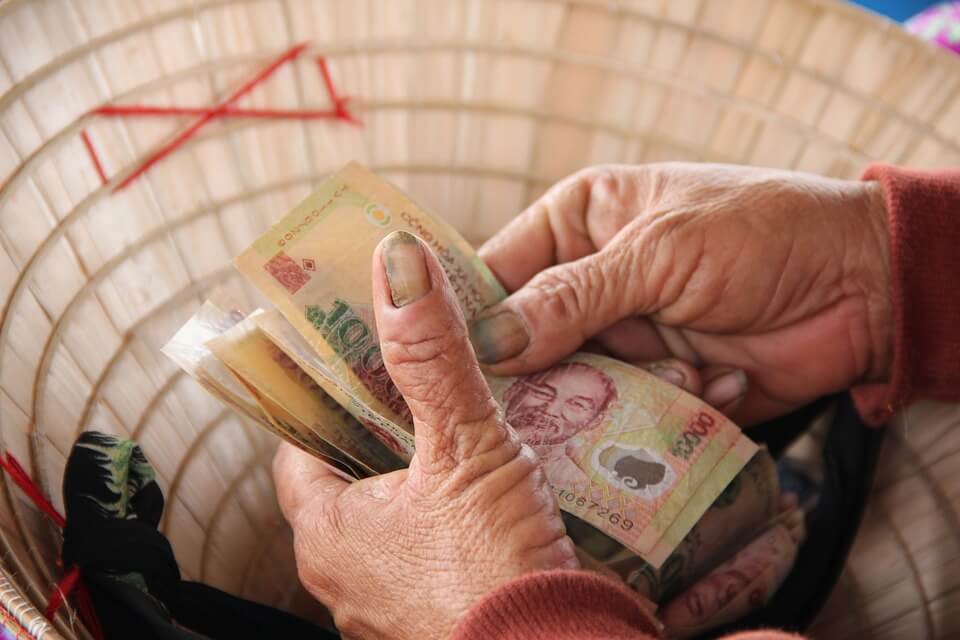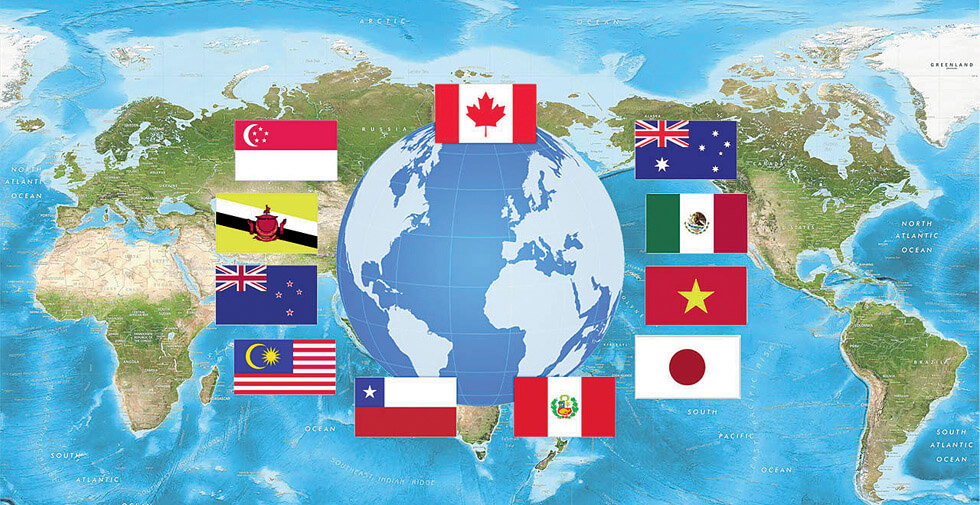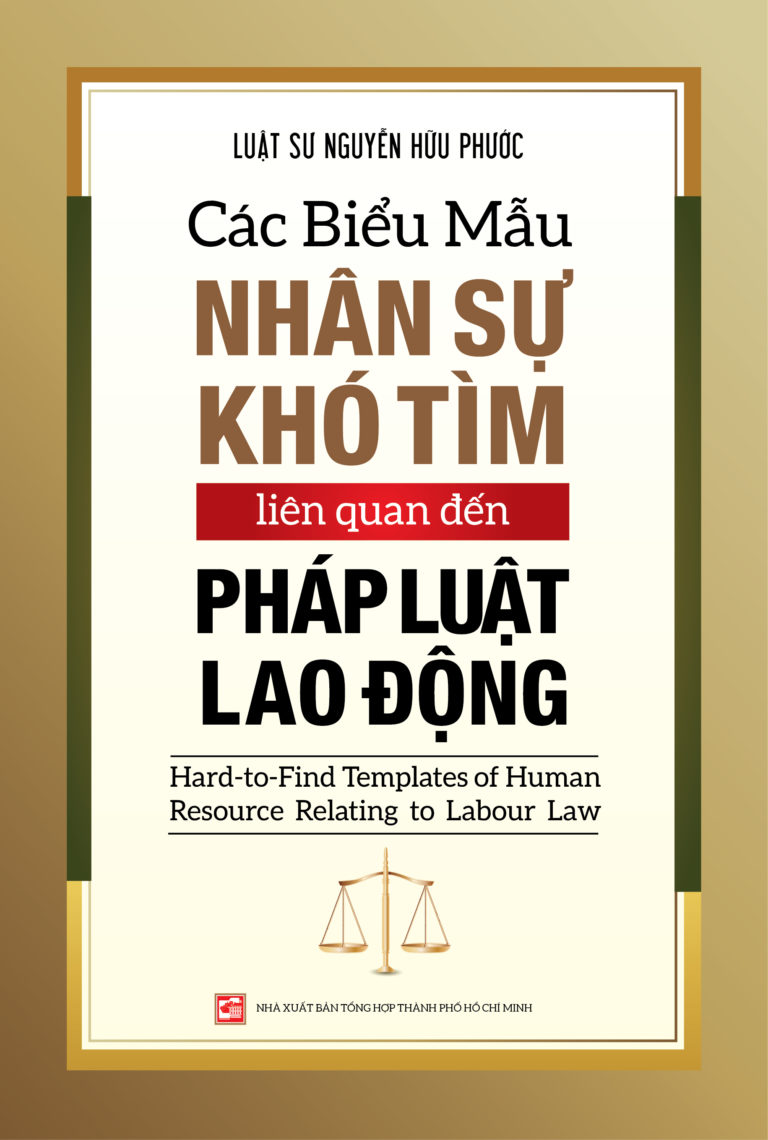Vietnam Law Changes in 2019 – What Would Enterprises Gain And Lose?
Enterprises’ stable operation and effective expansion of business and production are generally influenced by many different factors. In particular, the law is one of the most influential factors, through the indirect and direct impacts on business activities of enterprises such as taxes, fees, insurance, etc. In 2019 and into 2020, many of the costs for businesses will increase due to the impact of numerous changes in the law related to regional minimum salaries, base salaries, and social insurance (“Social Insurance”) that will take effect in early 2020.
Aside from this, positive changes cannot be ignored either, especially considering the greater incentives for small and medium enterprises as well as import and export tax incentives when Vietnam becomes a member of international treaties.
Increasing regional minimum salary
From 1 January 2020, the regional minimum salary in 2020 is officially announced by the National Salary Council in Decree 90/2019/ND-CP with a plan to increase 5.5%, namely VND150,000 – VND240,000/month depending on the region.
Specifically, compared to the current salary stipulated in Decree 157/2018/ND-CP, the regional minimum salary in 2020 will be categorised into 4 levels as follows:
- Region 1: VND 4,420,000/month (increasing by VND 240,000/month);
- Region 2: VND3,920,000/month (increasing by VND210,000/month);
- Region 3: VND3,430,000/month (increasing by VND180,000/month);
- Region 4 increased VND3,070,000/month (increasing by VND150,000/month).

Increasing regional minimum salary
Regional minimum salary is important for businesses as it is the basis for employees and employers to agree on a contractual salary and a union fee. On that basis, Enterprises need to review the applicable salary level and payroll scale, review the salary level participating in social insurance and adjust accordingly as guided in Official Dispatch No. 2781/BHXH-QLT of Ho Chi Minh City Social Insurance Ho Chi Minh on 29 November 2019.
Increasing Base salary
On 12 November 2019, the National Assembly passed Resolution No. 86/2019 / QH14 on the State Budget Estimate in 2020. One of the contents of the Resolution mentioned that the base salary will be increased from VND1,490,000/month to VND1,600,000/month as from 1st July 2020.
Although the base salary is not applicable to employees working in private enterprises, the increase in base salary will also affect the social insurance premium that enterprises must pay based on their employees’ salary.
On this point, based on Article 89 of the Law on Social Insurance 2014, for employees who are required to participate in social insurance according to the salary policy decided by their employer, they must pay monthly social insurance on the salary as agreed in the labour contract and allowances.
However, if the salary is 20 times as high as the base salary, the maximum amount of social insurance premium is equal to 20 times of base salary. Therefore, the maximum salary as the basis for calculation of social insurance and health insurance premium which used to be 20 x VND1,490,000 = VND29,800,000 now increases to 20 x VND1,600,000 = VND32,000,000.

Increasing Base salary
According to the law, the base salary is the basis for calculating the payment rate as well as the benefits of many insurance policies. Therefore, the increase in base salary will result in many social insurance benefits being adjusted to be higher than the previous one, as prescribed in further detail in Decree 44/2019/ND-CP on adjusting pensions, social insurance benefits, and monthly benefits guided in Circular 10/2019/TT-BLĐTBXH of the Ministry of Labour, War Invalids and Social Affairs.
Accordingly, from 1t July 2019, the contribution rate of pensions, monthly benefits and social insurance benefits will increase by 7.19% compared to June 2019 and apply to 8 targetgroups, including functionaries and employees. Thus, the amount of pension, social insurance allowance, and monthly allowance from July 2019 will be equal to the level of pension, social insurance allowance, and monthly allowance of June 2019 multiplied by 1.0719.
Reducing business registration fees
Recently, from 20 September 2019, the Ministry of Finance’s Circular No. 47/2019 / TT-BTC BTC on amounts, collection, payment, management and use of fees for providing information about enterprises, and fees for business registration prescribes that some types of fees for business registration will decrease and such change has been in effect as from 20 September 2019.
First of all, the enterprise registration fee rates according to list of fees specified in the Circular No. 215/2016/TT-BTC, includes: issuance, reissuance, and amendments to the Business registration certificate with a fee of VND200,000/time; similarly, the above contents apply to representative offices and the business location of the enterprise with a fee of VND100,000/profile. However, from 20th September 2019, the fee for business registration, representative offices or business location, is only one level of VND50,000/time.

Reducing business registration fees
In addition, the fee for declarations of business registration information will be reduced from VND300,000/time to VND100,000/time, and the fee of providing the enterprise information according to registered accounts with at least 125 documents/month is VND4,500,000/time (a decrease of VND 500,000 compared to the previous regulations).
This provision helps to simplify administrative procedures, reduce costs for businesses in business registration, create incentives for businesses in their every operation as well as encourage and create opportunities for startups and household businesses to change their form of business.
Microenterprises are supported by 100% of legal consultancy fees
According to statistics, nowadays small and medium-sized enterprises have a very important role in the economy, and for that reason, the Government always creates opportunities and incentives for these types of enterprises to help them have sufficient legal knowledge for their business activities.
This has given them many opportunities to access legal policies without having to pay the cost within a prescribed limit. One of those policies is the support for Vietnameses legal consultancy fees under Decree 55/2019/ND-CP. Accordingly, (i) the microenterprises are supported 100% of the cost but not exceeding VND3 million / year, (ii) the small businesses are supported up to 30% of expenses, but not exceeding VND 05 million /year; and (iii) the medium-sized enterprises are supported up to 10% of the cost, but not exceeding VND10 million / year.

Microenterprises are supported by 100% of legal consultancy fees
Therefore, from 16 August 2019, the above businesses will be entitled to preferential rates for legal consultancy fees. In case of receiving the support, the enterprise shall send a dossier requesting payment of fees for legal consultancy service that have been supported in accordance with law to receive payment of legal consultancy fees.
Exemption from licensing fees for the small and medium-sized enterprises
Also related to the policy of developing small and medium-sized enterprises in the near future, the Ministry of Finance is gathering opinions from ministries and localities for a draft of Decree amending and supplementing Decree 139/2016/ ND-CP on conversion of business households.
According to the Draft, the Ministry of Finance proposes to exempt license fees from small and medium-sized enterprises, enterprises transformed from business households within 3 years from the date of the first business registration certificate, and newly established businesses (including branches, representative offices, business locations) from 1 January to 31 December of the year of starting the business.

Exemption from licensing fees for the small and medium-sized enterprises
If this Draft is approved, the businesses will save from VND300,000/year to VND3,000,000/year and thereby helping new businesses have more conditions to accumulate its capital, to reduce production costs when newly being established with many difficulties.
At the same time, this increases the competitiveness of goods and services, increases accessibility, and promotes investment opportunities and activities, especially considering that Vietnam is currently a member of many Free Trade Agreements.
The tax rate of company income tax is likely to be slightly reduced
One of the major sources of revenue for the state budget is the company income tax (“CIT”). Depending on the type of enterprise, the Government shall specify appropriate levels of CIT. Currently, the tax rate applicable to small and medium-sized enterprises is 20%.
Recently, the Ministry of Finance has issued a draft of a Resolution on a number of CIT policies to support and develop small enterprises and microenterprises, according to the following: the tax rate is applicable to microenterprises with an annual turnover of less than VND3 billion and the annual average number of its employees who participate in SI does not exceed 10 people. For any small enterprise whose annual revenue totals no more than 50 billion dongs and the annual average number of its employees who participate in SI does not exceed 100 people, the applicable tax is 17%.
In addition, the Draft of the Resolution also proposes CIT exemption for microenterprises and small businesses transforming from business households and sole proprietors for 02 consecutive years since their initial generation of taxable income.

The tax rate of company income tax is likely to be slightly reduced
After the tax exemption period, in case a new enterprise is established from a business household or sole proprietor that implements an investment project in a tax-incentive business line or field, it will continue to enjoy incentives (preferential tax rate and tax exemption, tax reduction) in accordance with the law on CIT.
Upon the expiry of the tax exemption period and the period of enjoying tax incentives (if any), the enterprise shall apply the enterprise income tax rate corresponding to the type of enterprise as prescribed.
For enterprises, if the Draft of the Resolution is approved, it will create favourable conditions for business households and sole proprietors to transform into business models with preferential CIT rates of 15% / 17% and especially, tax exemption for the first 2 years of operation.
As for small and medium-sized enterprises that are operating, this reduction of tax rates will extend their ability to aquire financial resources, thereby creating opportunities for them to expand production and business, possibly re-establish the investment plan to be more reasonable, and especially to improve the competitiveness of products and business services via the reduction of costs, production, and business costs.
Tariff preference from Comprehensive and Progressive Trans-Pacific Partnership Agreement (CPTPP)
One of Vietnam’s successes in international integration in recent years has been the signing of free trade agreements; the most prominent achievement is CPTPP officially coming into effect with Vietnam from 14 January 2019. Participating in the CPTPP has brought new opportunities for Vietnamese importers and businesses to export goods to countries around the world, including many agricultural, forestry, and aquatic products as key products of Vietnam.
On 12 November 2018, the National Assembly of Vietnam passed a Resolution on ratifying the CPTPP Agreement, coming into effect for Vietnam from 14 January 2019. Immediately after the CPTPP Agreement comes into effect or after 3 to 5 years, most of Vietnam’s agricultural products will enjoy 0% tax rate. At the same time, goods originating from Vietnam exported to the member countries will enjoy preferential tariffs.

Tariff preference from CPTPP
In addition, the tax reduction will take place on 1st January every year (except Japan, whose fiscal year starts from 1 April of the year and ends at the end of 31 March of the following year) as Vietnam and 5 of the 6 original ratifying countries (including Australia, Canada, Japan, New Zealand and Singapore) have jointly chosen to speed up their tariff elimination schedule for Vietnam. Accordingly, Vietnam’s tax rates on imports from these 5 countries in 2019 will be reduced to the tax level of the second round. Therefore, Vietnam will implement the third round of tax reduction starting from 1 January 2020.
Thus, the rapid changes of the law as mentioned above will have a relatively significant effect on production and business activities of enterprises. Enterprises, particularly newly established enterprises, need to quickly and timely grasp these changes in order to make reasonable adjustments to their business activities. This will aid in with minimising any disadvantages that may arise as well as allowing enterprises to seize and utilise opportunities resulting from the changes. Following this will provide the ideal conditions for an enterprise to prosper and grow.
Ngo Thi Ngoc & Do Thuc Doan Nghi
Phuoc & Associates Vietnam International Law Firm










